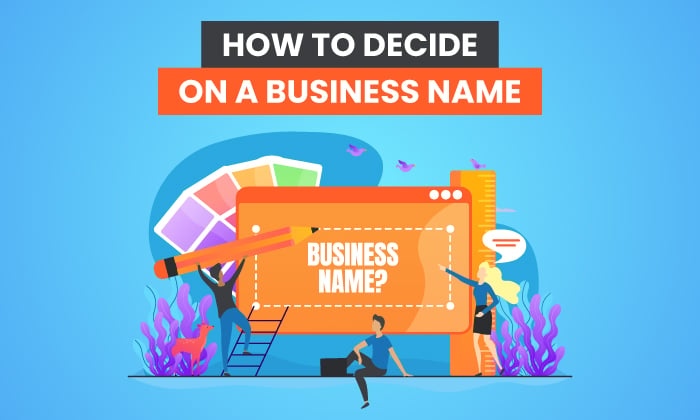
There are dozens of considerations entrepreneurs have to keep in mind when launching a new company, from the logo to the product to the packaging. The business name, however, may be the most important of all.
There are over 30 million small businesses in the U.S., according to the U.S Small Business Administration. That means you have to go above and beyond to stand out. The right name can help you do just that.
If you’re stuck on what to call your business or just want to make sure your chosen name ticks all the right boxes, I’m here to help.
In this article, I’ll cover my top tips for picking a winning business name, show some examples of what a great business name looks like, and even let you in on a sneaky way to get a load of business name ideas fast.
10 Tips to Pick a Business Name
Your business name can be almost anything you want it to be. As long as it’s legal and isn’t already in use, you’re good to go. However, there are several best practices most legal and marketing experts agree on.
I recommend the following tips to make sure your business gets off to the best start possible.
1. Ensure the Business Name Is Not Copyrighted or Trademarked
The first step in picking a business name is to make sure it doesn’t infringe any copyrights or trademarks. You can search copyright records and trademark records online.
I’d recommend going one step further and make sure it’s possible to trademark your brand name. You never know what the future will bring, after all. Even if you plan to keep your business small, I strongly recommend making sure it’s possible to copyright and trademark your brand.
Not doing so could land you in hot water years down the line. Just look at Apple. When Steve Jobs started the company, he chose Apple’s name because he was a fan of the Beatles (their recording label was called Apple Records).
There wasn’t any conflict initially because the two companies operated in completely separated industries. That was until Apple launched the iPod and the iTunes store, however. When they started operating in the same industry, Jobs quickly found himself saddled with a lawsuit.
2. Ensure the Business Name Isn’t Already Taken
This is a no-brainer, but it’s important to mention. Ideally, your business name will be unique and not used by any other business in existence. At the very least, it shouldn’t be used in any way by other companies operating in your industry.
A quick Google search can help you out here. If any results or domains come up that suggest another company is already using your name, either as a business name or as the name of one of their products, then it’s time to go back to the drawing board.
3. Ensure the Business Name Is Descriptive
You want customers to have an idea of what your business does just by hearing your name. You don’t have to know anything about TripAdvisor to know it is in the travel industry or that Burger King sells burgers.
Don’t be so descriptive that your name is downright boring, however. Seattle Plumber Inc. isn’t exactly inspiring and doesn’t separate your brand from any other plumbers in the city. First Call Plumbing is much catchier and easier to remember.
4. Make Sure the Matching Domain Name Is Available
Coming up with a brilliant business name is just the start. Before you can commit to it completely, make sure a matching domain name is available.
If it is, buy it.
If not, consider coming up with another business name. Having a domain name that is the exact match of your brand can be a real boost, particularly when it comes to SEO.
If your heart is set on a specific name, then all is not lost. There are several strategies you can use if your domain name is unavailable. Adding extra words or extending the name of your brand in your URL is becoming increasingly common.
5. Get Creative
This is your chance to embrace your inner copywriter and let your imagination and creativity run wild. Don’t be afraid to make something up. Almost three-quarters (72 percent) of the best brand names use made-up words or acronyms.
There are a couple of reasons for that. Firstly, existing words already mean something to many of your potential customers. You’ll need to decide whether this is a good or bad thing. Second, competitors may well be using the same or similar words.
6. Don’t Choose a Business Name That Is Hard to Pronounce or Spell
You’ll want your brand name to be accessible for everyone. That means no words that are impossible to pronounce when written down or easy to misspell.
While mixing up the letters or removing vowels from common words may look cool, it doesn’t help your customers find your business online. If customers can’t easily search for your business after hearing your name phonetically, there’s a good chance you’ll miss out on leads. You’ll also spend a lot of time spelling out your URL for customers.
7. Complete a Secretary of State Search
One way to make sure your business name is different from everyone else operating in your area is to complete a Secretary of State Search. Most states have a way to do this easily online, so it’s simply a matter of visiting your state’s website and typing in your proposed name.
If in doubt, ask your attorney for help. I’d also recommend searching in Delaware, even if you don’t live in that state. Delaware is a haven for company registrations, and so searching there helps ensure no businesses anywhere else in the country have similar names.
8. Get Feedback on the Business Name Before Making It Official
Test your business name out on your friends and family and get their feedback before committing to it. While you may think you’ve looked at your name from every angle, there’s a chance you’ve missed something.
If you’re not sure about a business name yet, give people a shortlist of your ideas and ask them to pick their favorite. If everyone agrees on the same one, you may just have found your new name.
9. Choose a Business Name That Isn’t Accidentally Offensive
Make sure your business name doesn’t mean something offensive in another language or as a slang term.
No self-respecting business owner would want to insult potential customers. Yet dozens of businesses do this without knowing it because of their business name.
Just because your business name isn’t offensive in your own country doesn’t mean it’s inoffensive everywhere. Any language or cultural issues can spell bad news for companies wanting to expand abroad.
Luckily, it’s never been easier to check whether your business name is offensive or not. Just head over to WordSafety.com and enter your proposed name. The site will quickly find whether there are any potential issues.
10. Keep It Simple and Easy to Remember
Long, complicated business names are bad news. The shorter, catchier, and more memorable your name is, the better. Try to keep it under 20 characters for the sake of your URL and avoid combining more than three different words.
Examples of Great Business Names
Tips and guidelines aren’t always enough to get the creative juices flowing. That’s why I’ve compiled five examples of great business names below, along with a description of what makes them so good.
Hopefully, these will give you a jumping-off point.

In a parallel universe, someone is currently searching for something on BackRub. That’s the name Google was initially called because of the backlinks it used to rank websites. Eventually, they settled on Googol, a mathematical term for a number with a million zeros in it. The final brand name of Google was the result of a spelling error by an employee.
In the end, it worked out brilliantly. The name is catchy, creative, and random. “Google” is also easier to spell, remember and pronounce than Googol too.
Whole Foods Market
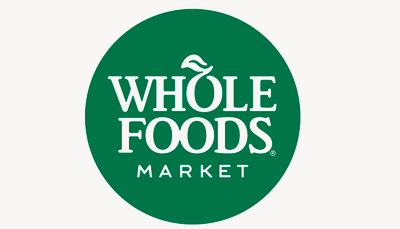
Whole Foods Market is the most descriptive name on this list, and that is part of the reason it’s so effective. It sends subtle signals that attract the brand’s target audience.
Choosing the word market rather than grocer or store was a stroke of genius in this regard. Market conjures up images of farmer’s markets and suggests the kind of well-off consumer Whole Foods’ targets.
Lego
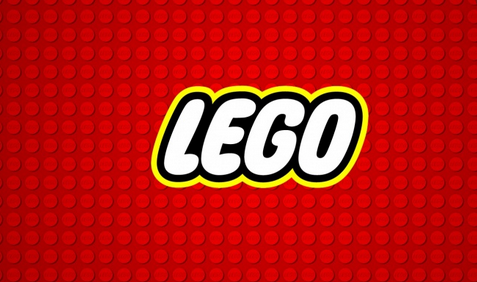
Lego is a simplified portmanteau of the Danish words leg godt meaning “play well.” Brilliantly, Lego also means “I put together,” so the name works on two levels.
Not only is the name descriptive for the native Danish market, but it also sounds great in other languages and doesn’t have any additional meanings.
Pepsi
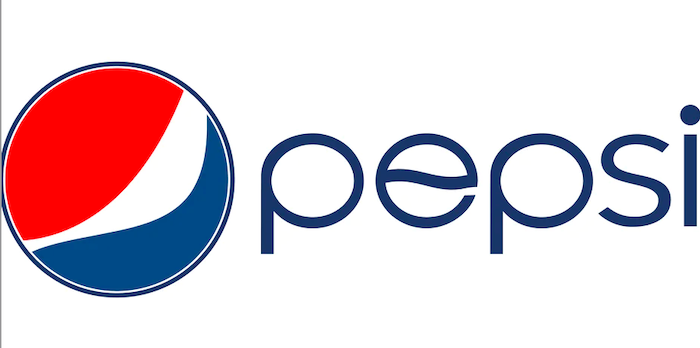
Caleb Davis Bradham, the inventor of Pepsi, originally called his concoction Brad’s Drink. Thankfully, he rebranded three years later. Pepsi is derived from the word dyspepsia, which means indigestion as Bradham believed the drink aided digestion.
Pepsi is way more creative and memorable than Brad’s Drink. Perhaps most importantly, the new name in no way infringed on Coca-Cola, created just a handful of years earlier.
Verizon
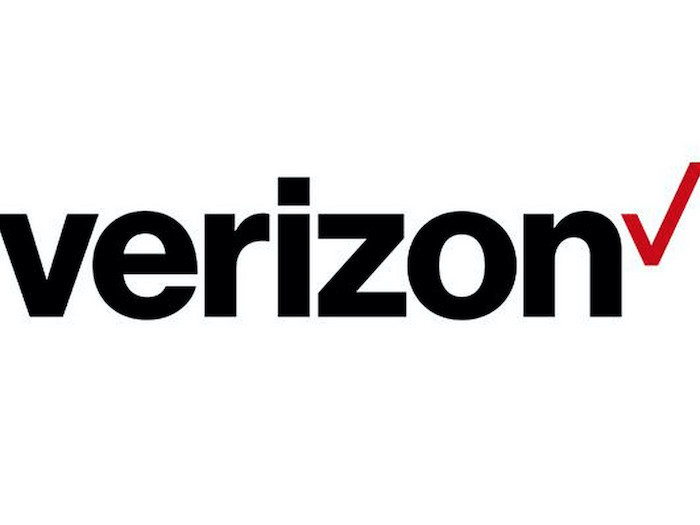
Verizon was formed in 2000 by the merger of Bell Atlantic and GTE. The business name combines the Latin word for truth, veritas, and horizon to signify the new company’s honest and forward-thinking nature. It’s creative, it has meaning, and it’s definitely memorable!
Use a Business Name Generator to Find Your Perfect Name
If you’re still stuck, help is at hand in the form of business name generators. There are plenty of software tools to help entrepreneurs quickly brainstorm business names.
Here are some to try:
Shopify
Shopify is famous for helping small business owners thrive. Coming up with a brand name is no different. Enter a keyword into the search bar, and Shopify will instantly spit out 100 business names you can create a store from today.
Freshbooks
Bookkeeping software Freshbooks has a pretty comprehensive business name generator that tailors recommendations based on your industry.
Start your search by choosing whether you operate in creative and marketing, legal or business services, trade, and home services, or IT. Enter a keyword, and Freshbooks will serve up three suggestions. You can ask for more suggestions or change your keyword to get a different batch of names.
Namelix
Namelix is a free AI-powered business name generator. Enter one or several keywords to get started, then filter suggestions by name, length, and style. There are hundreds of names to scroll through and a mix of basic and premium names. Premium recommendations come with a logo and domain name attached to make building a brand easier.
Conclusion
The right name can impact your SEO, branding, and customer perception. Would Google be where it is now if it was called Backrub? I don’t think so.
The business landscape is becoming more competitive every day, and a great business name can help your brand stand out.
Take inspiration from some of the great business names already out there, and use a business name generator if necessary. Just make sure your business name sets you up for long-term growth.
What are you going to call your new business? Let me know in the comments!
from Blog – Neil Patel https://ift.tt/3oqOAq4
via IFTTT
No comments:
Post a Comment